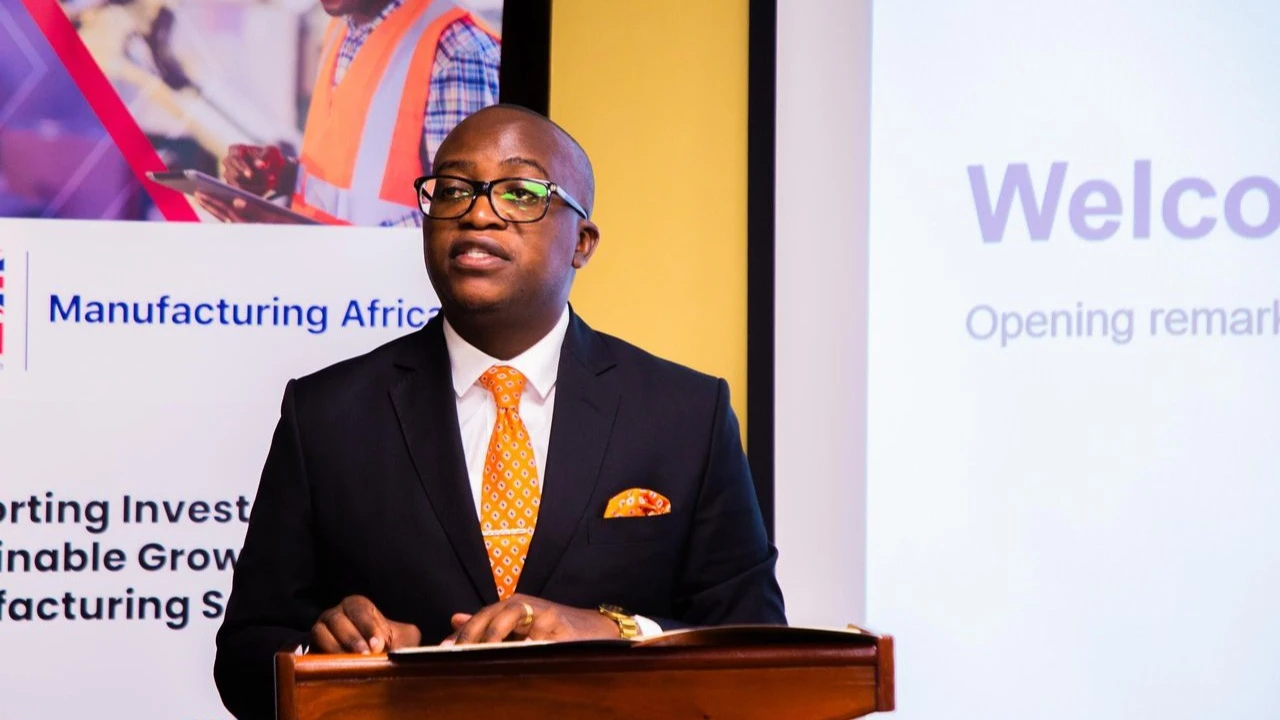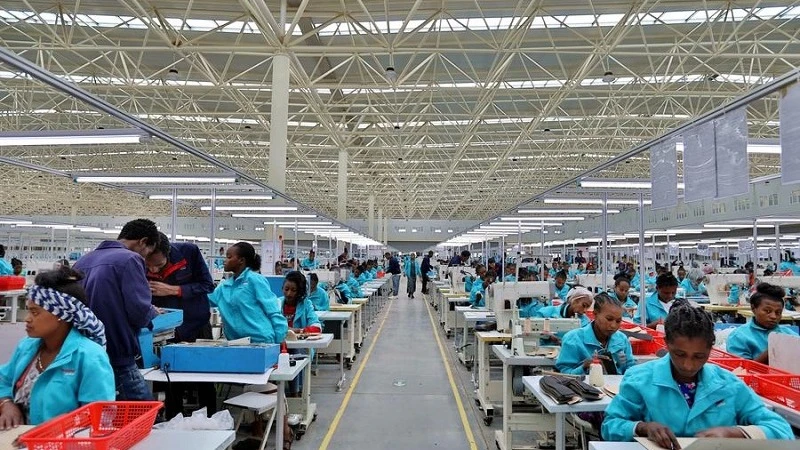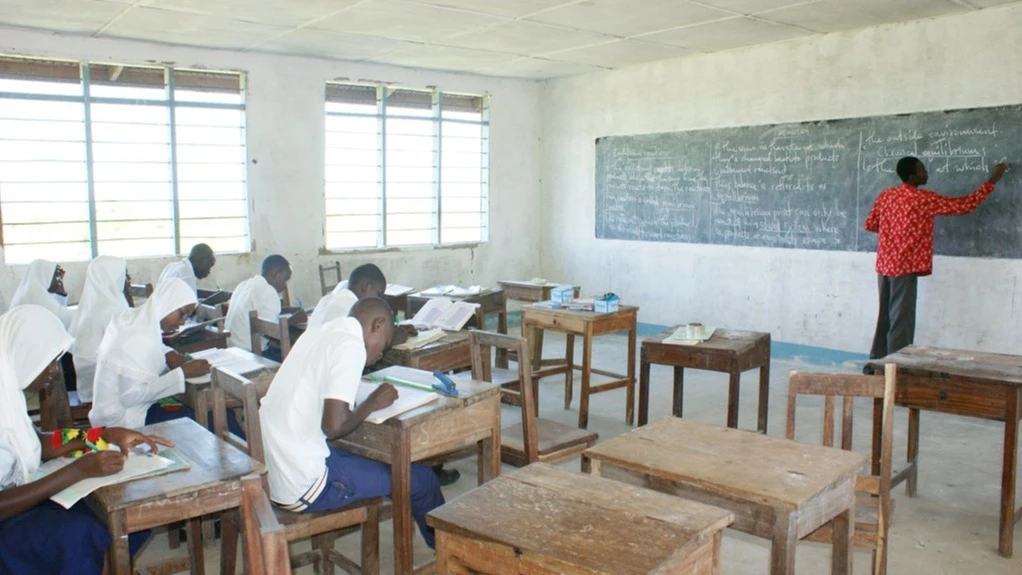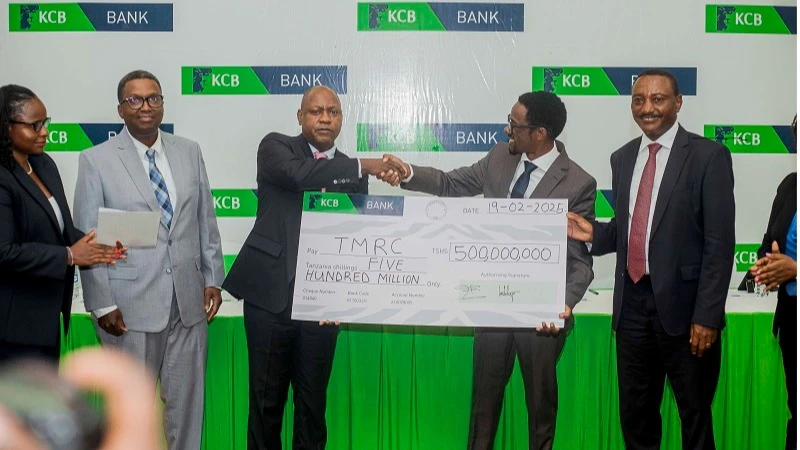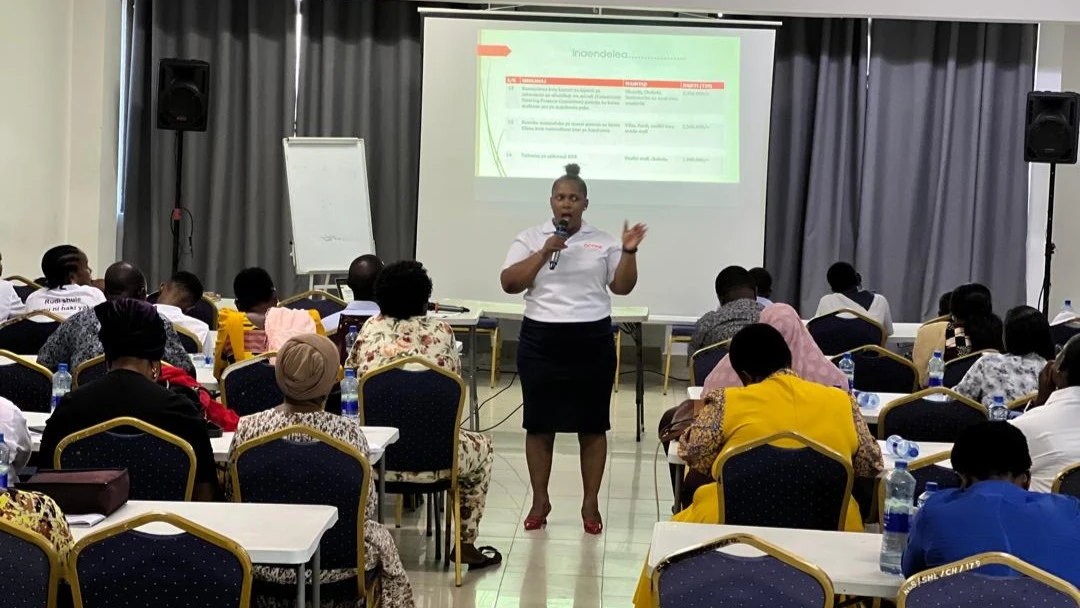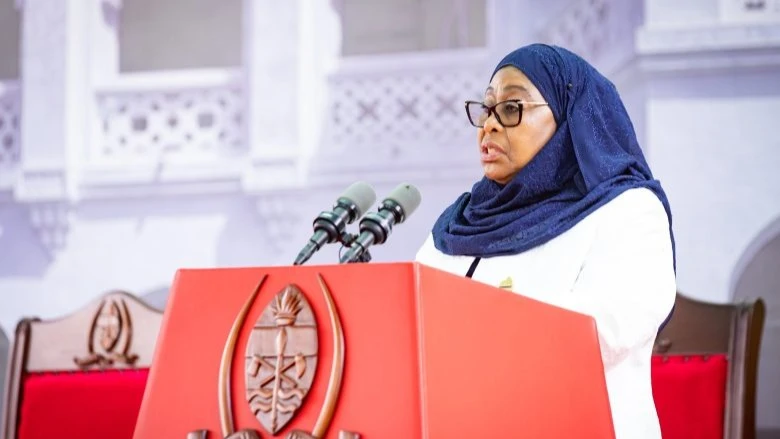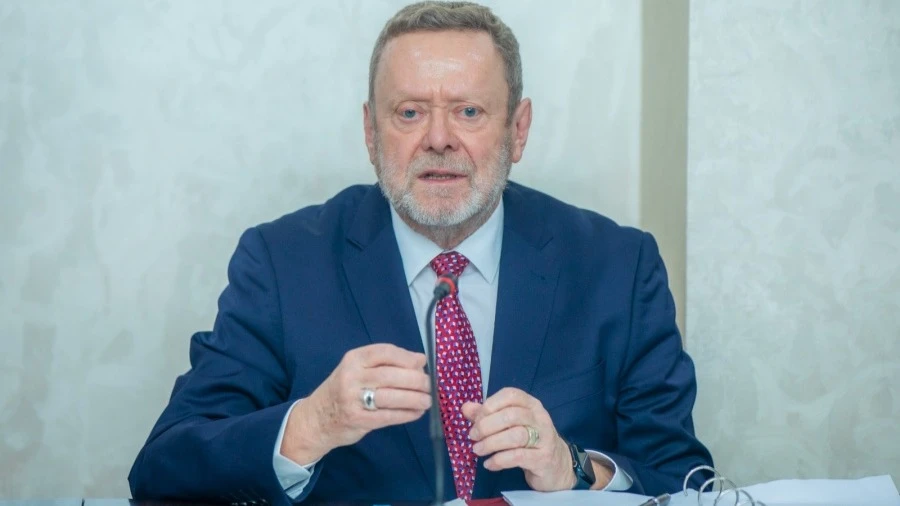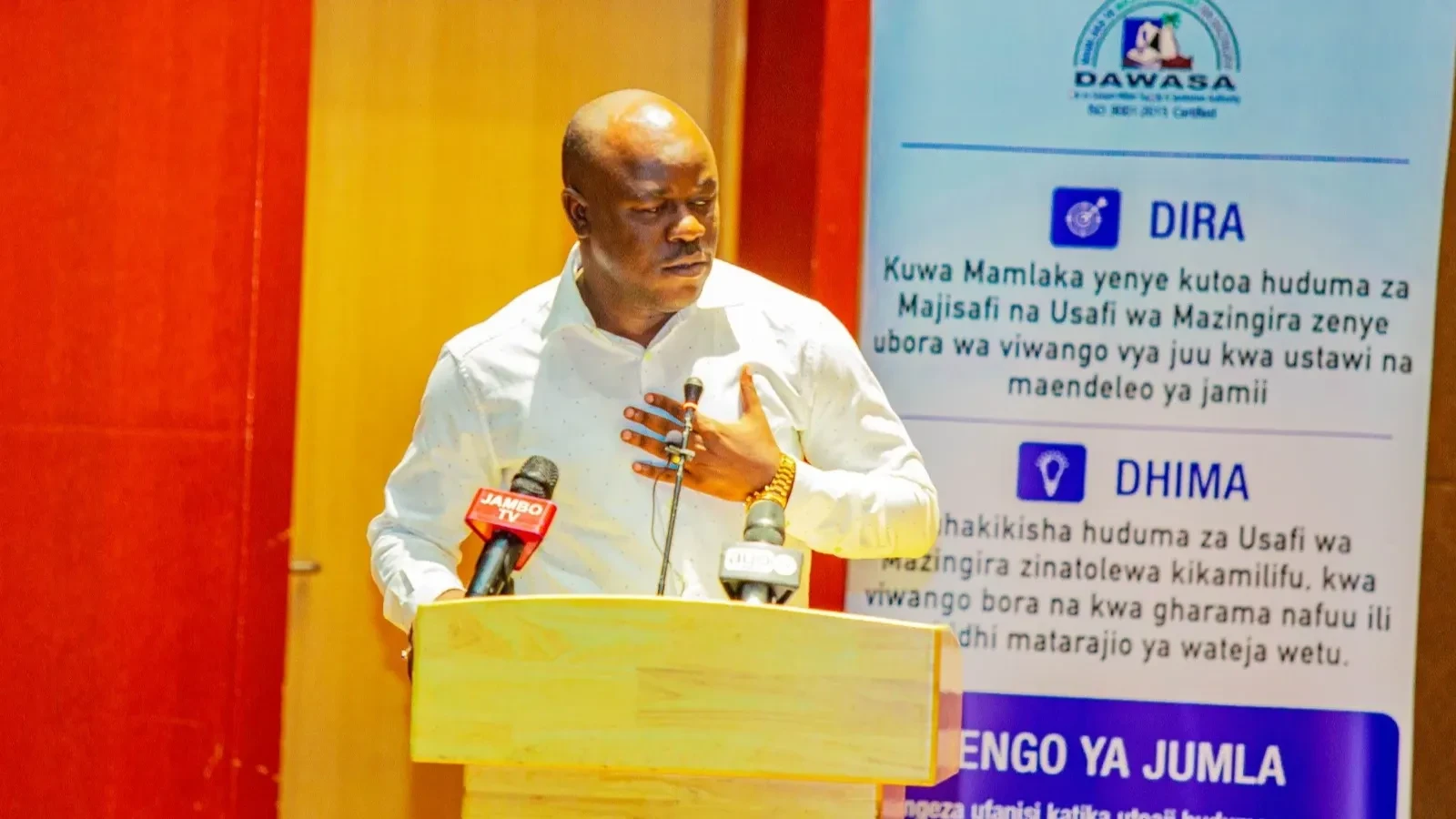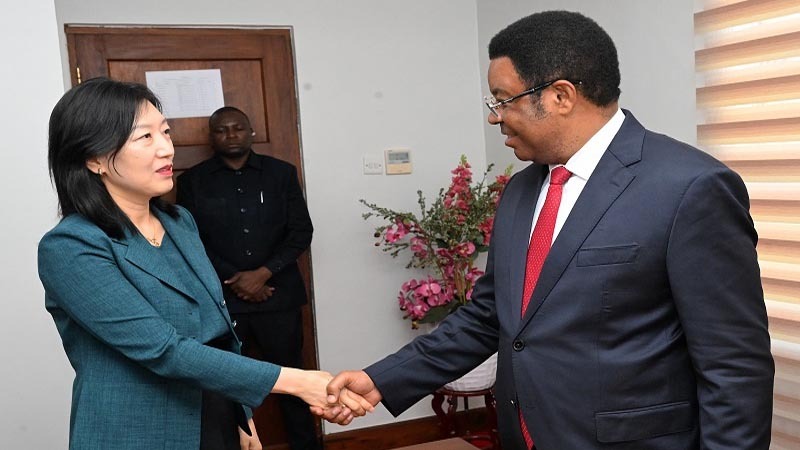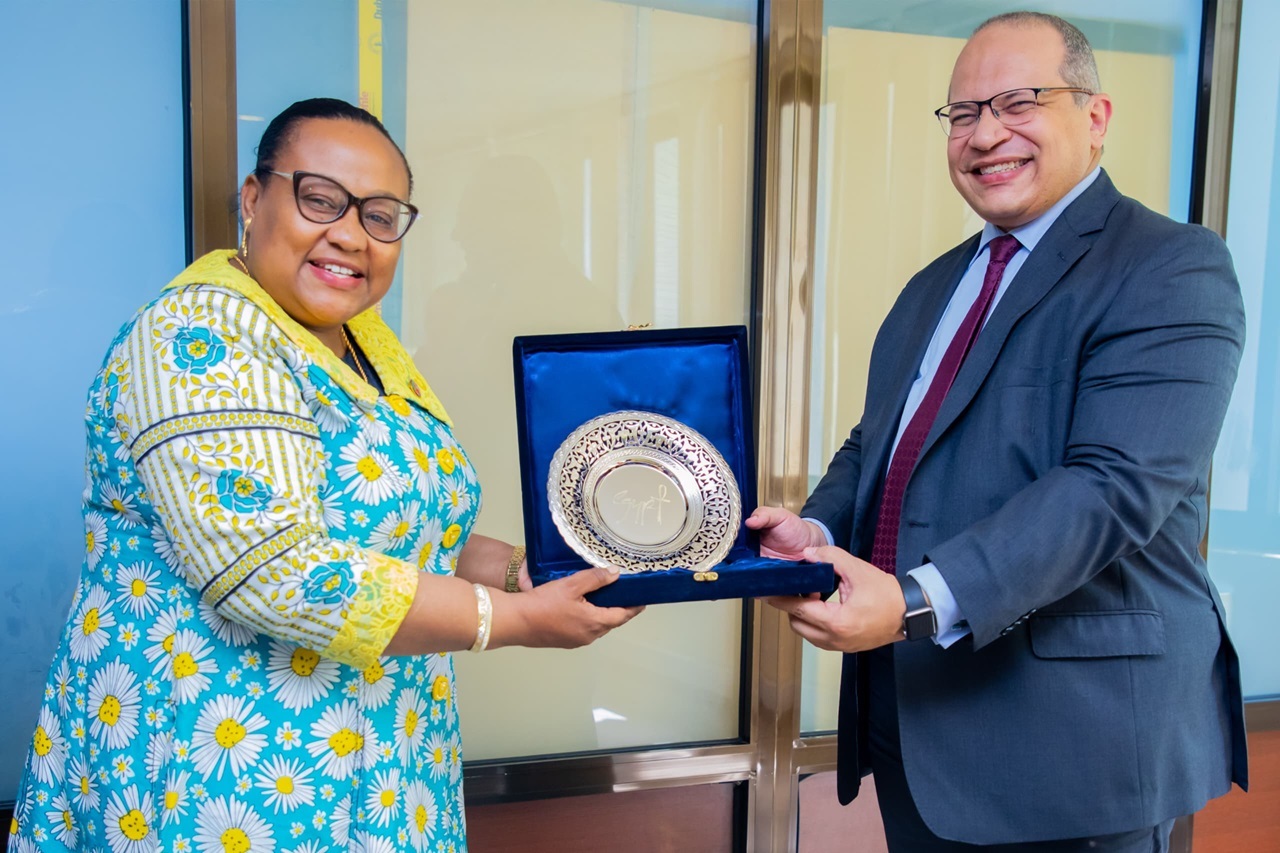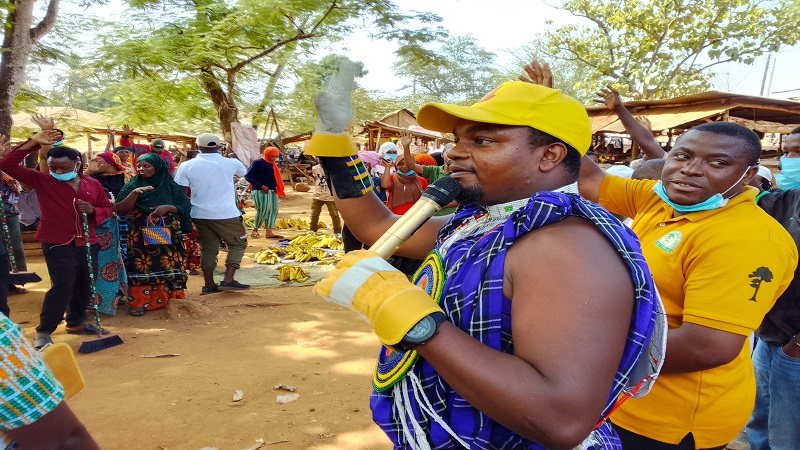Military rule, democratic setbacks in Burkina Faso: A chronicle of political turbulence in West Africa
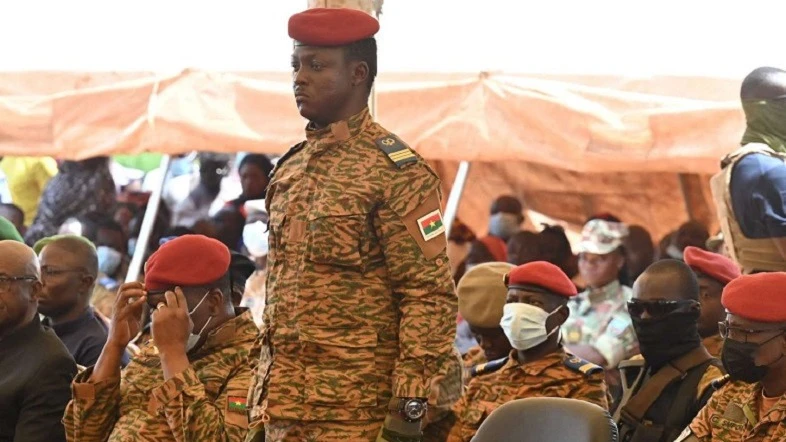
SINCE 2020, West and Central Africa have witnessed a troubling surge in coups d'état, reversing hard-won democratic gains across the region. Among the first nations swept up in this wave was Burkina Faso, where political upheaval has left its mark on the trajectory of governance and stability.
In 2022, Burkina Faso experienced a significant political shift when the military, led by Captain Ibrahim Traore, seized power from interim President Paul-Henri Sandaogo Damiba. Traore's coup was justified on grounds of addressing the country's escalating Islamist insurgency, which had claimed thousands of lives and displaced millions since 2015. The junta's intervention was initially welcomed by many Burkinabes frustrated with the government's inability to stem the tide of violence and insecurity.
Captain Ibrahim Traore pledged a swift return to civilian rule, promising to hold elections within two years. This commitment was seen as a necessary step to restore democratic governance and fulfill the aspirations of a population weary from years of instability. However, recent developments have cast doubt on the junta's adherence to this timeline and raised concerns about the future of democracy in Burkina Faso.
At the just-ended national talks in Ouagadougou, a resolution passed extending the military's stay in power for another 5 years, effectively postponing elections indefinitely. This decision comes as a stark reversal of earlier promises and has sparked widespread criticism both domestically and internationally. The junta, citing ongoing security challenges posed by Islamist insurgents controlling significant portions of the country, argued that stability and security must precede democratic elections.
Colonel Moussa Diallo, chairman of the organizing committee of the national dialogue process, emphasized that the transition period would be fixed at 60 months from July 2, 2024. While the Charter signed by the junta and national stakeholders provides a clear timeline for the transition, it remains ambiguous regarding the scheduling of elections. The document vaguely states that elections marking the end of the transition "may be organized before this deadline if the security situation so permits," leaving room for potential extensions based on the junta's interpretation of Burkina Faso's security landscape.
The junta's decision to delay elections has been met with dismay and skepticism among Burkina Faso's political leaders, civil society groups, and ordinary citizens. Critics argue that prolonged military rule undermines democratic principles and poses a threat to the country's long-term stability and development. The postponement of elections has raised concerns about the junta's commitment to genuine democratic reform and its potential to entrench itself in power indefinitely.
The political situation in Burkina Faso is further complicated by its evolving international relations. Traditionally aligned with its former colonial ruler, France, Burkina Faso under Traore's leadership has shifted towards closer collaboration with Russia, marking a strategic recalibration in its foreign policy. This shift has drawn mixed reactions from regional stakeholders and the international community, reflecting broader geopolitical tensions and interests in the Sahel region.
Reports from the African Center for Strategic Studies highlight a deteriorating security environment in Burkina Faso since Traore assumed power, with deaths attributed to militant Islamist violence increasing by 46 percent. Despite the junta's assurances of security-focused governance, challenges persist in restoring government control over areas held by jihadist groups, complicating efforts to stabilize the country and facilitate a return to civilian rule.
The Charter signed during the national talks also introduced significant changes to Burkina Faso's political landscape. It eliminated the concept of quotas traditionally used to allocate parliamentary seats based on party performance in elections, replacing it with a criterion of "patriotism." This shift raises concerns about the fairness and inclusivity of future electoral processes, potentially favoring certain political factions aligned with the junta's agenda.
Domestically, Traore's tenure has polarized opinion. Supporters of the junta view Traore's leadership as a necessary corrective to previous governance failures, citing his implementation of austerity measures that targeted elite privileges while boosting wages for low to middle-income earners. These measures were aimed at addressing socioeconomic disparities and garnering support from segments of the population disillusioned with traditional political elites.
However, Traore's administration has faced criticism for its failure to effectively address Burkina Faso's security challenges and fulfill promises of democratic reform. The postponement of elections and the junta's control over the electoral process raise questions about the sincerity of its commitment to democratic principles versus expediency in maintaining power.
As Burkina Faso navigates this uncertain political terrain, international scrutiny and pressure are mounting on the junta to uphold democratic norms and ensure a transparent transition back to civilian governance. The trajectory of events in Burkina Faso will have implications not only for its own stability and prosperity but also for the broader struggle for democratic governance in West Africa amidst ongoing geopolitical shifts and security threats.
The international community's role in supporting Burkina Faso's democratic aspirations while addressing security challenges remains pivotal. The junta's decisions in the coming months and years will shape Burkina Faso's future trajectory, determining whether it can overcome its current turmoil and emerge as a beacon of democratic resilience in the region.
Achieving stability and democratic consolidation in Burkina Faso stands as a critical challenge for both the nation itself and the broader international community. Situated in the heart of West Africa, Burkina Faso has faced significant turmoil in recent years, marked by political instability, violent extremism, and socio-economic challenges. The role of the international community in supporting Burkina Faso's democratic aspirations while effectively addressing its security dilemmas cannot be overstated. As the country navigates a delicate transition, the decisions made by the ruling junta in the coming months and years will profoundly influence its trajectory.
Burkina Faso's journey towards democracy has been fraught with obstacles. The 2014 uprising that ousted long-time leader Blaise Compaoré initially raised hopes for democratic renewal. However, subsequent years saw setbacks, including a failed coup in 2015 and escalating violence from extremist groups such as Jama'at Nasr al-Islam wal Muslimin (JNIM) and the Islamic State in the Greater Sahara (ISGS). These groups have exploited local grievances and institutional weaknesses, posing a grave threat to stability and governance in the Sahel region.
Dr. Jenerali Ulimwengu, an expert on West African peace and security, underscores the complexity of the situation: "Burkina Faso's challenges are emblematic of broader regional dynamics, where weak governance, poverty, and radicalization converge." Indeed, Burkina Faso's struggle reflects larger regional issues where state fragility intersects with transnational terrorism and organized crime. This intersection demands a multifaceted approach from the international community, one that integrates security assistance with governance reforms and socio-economic development.
Former Saint Agustine Professor Mwesiga Baregu, whose insights into African governance are foundational, emphasizes the importance of inclusive political processes: "Burkina Faso must foster a political environment that accommodates diverse voices and aspirations. Genuine democratic progress hinges on empowering civil society and promoting dialogue." This sentiment resonates deeply in a country where the legitimacy of political institutions is essential to countering extremist narratives and fostering resilience against violence.
The United Nations, through its peacekeeping and political missions, plays a pivotal role in supporting Burkina Faso's stabilization efforts. The UN Integrated Strategy for the Sahel (UNISS) provides a framework for coordinated action across humanitarian, development, and security dimensions. Such initiatives are crucial in addressing root causes of instability while enhancing local capacities for conflict prevention and peacebuilding.
The Economic Community of West African States (ECOWAS) has also been instrumental, leveraging its regional influence to mediate political crises and promote democratic norms. ECOWAS' commitment to upholding constitutional order in member states underscores its role as a guardian of regional stability. However, challenges persist in translating regional commitments into effective action on the ground, particularly amidst competing priorities and resource constraints.
Burkina Faso faces a pivotal moment where leadership decisions and international support will shape its future. Strengthening democratic institutions and promoting human rights are vital for sustainable development. As Professor Baregu emphasizes, "Burkina Faso's journey towards democracy requires justice, equity, and human dignity."
Addressing security challenges alongside democratic governance is crucial. This dual approach can make Burkina Faso a beacon of resilience for the region.
Experts stress a holistic strategy integrating security, development, and governance reforms. Success here will not only benefit Burkina Faso but also catalyze democratic progress across the Sahel and beyond. Dr. Aminata Touré underscores the importance of empowering local communities through education and job creation to foster sustainable peace and resilience against extremism.
Top of Form
Bottom of Form
Top Headlines
© 2025 IPPMEDIA.COM. ALL RIGHTS RESERVED











